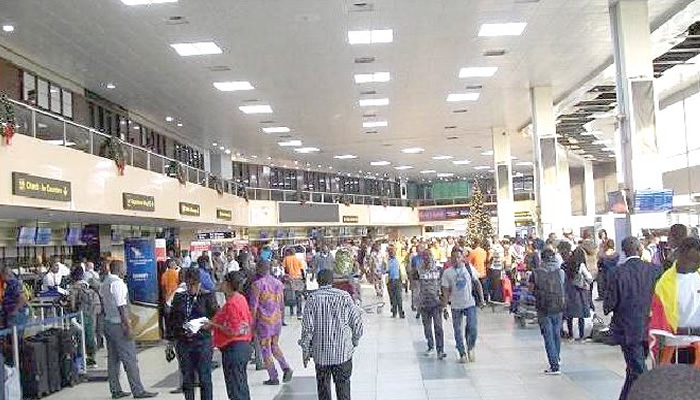The year 2024 witnessed a surge in passenger complaints regarding lost or delayed luggage on both domestic and international flights across Nigerian airports. A report by the Nigeria Civil Aviation Authority (NCAA) revealed a staggering figure of 47,923 reported cases of missing or delayed baggage. While the majority of these bags were eventually recovered (43,569), a significant number (4,354) remained unaccounted for, underscoring a persistent problem within the aviation sector. This issue affected both international and domestic airlines, with 26 out of 30 international carriers and 10 out of 15 domestic airlines reporting lost or delayed luggage. Ironically, this occurred during a period where passenger traffic dipped slightly to 15,655,273, down from 15.8 million in 2023, despite NCAA projections of growth to 25.73 million by 2029. This suggests that the luggage handling problem is not solely a function of passenger volume, but likely reflects systemic issues within airline operations.
The NCAA report further breaks down the figures, indicating that international airlines accounted for the vast majority of missing/delayed luggage incidents (47,493), compared to domestic airlines (430). Of the recovered luggage, international carriers found 43,140 bags, while domestic airlines located 429, with only one bag remaining unrecovered domestically. These numbers highlight the disproportionate impact on international travelers, possibly due to the complexities involved in handling luggage across multiple airports and countries. The significant recovery rate also raises questions about the efficiency of initial baggage tracking and handling processes, suggesting potential improvements in tagging, sorting, and loading procedures.
The issue of lost luggage isn’t just a statistical anomaly; it represents tangible inconvenience and distress for affected passengers. The case of security expert Ahmed Rabiu exemplifies this. He took legal action against Virgin Atlantic Airways, demanding compensation for his missing luggage after a flight from London to Lagos. His experience is not uncommon, and it highlights the financial and emotional toll that lost luggage can take on travelers. The loss of personal belongings, important documents, or valuable items can disrupt travel plans, cause significant stress, and lead to financial losses.
Recognizing the severity of the problem, the NCAA and consumer protection agencies have stepped up efforts to hold airlines accountable. Michael Achimugu, Director of Public Affairs and Consumer Protection, pledged stricter measures against airlines responsible for luggage delays or losses. The proposed penalties include fines of $170 for foreign airlines and N10,000 for local airlines per incident of delayed luggage. Furthermore, the NCAA outlined passenger rights to compensation for missing luggage, with a maximum claim of $1,000 for domestic flights and $1,288 Special Drawing Rights (approximately $1,800) for international flights. These measures aim to deter airlines from negligent baggage handling practices and provide recourse for affected passengers.
Beyond the regulatory actions, the voices of affected passengers provide a poignant illustration of the human impact of this pervasive problem. Idris Olakunle, a frequent traveler, expressed frustration with the seemingly nonchalant attitude of airlines toward lost luggage and urged regulators to enforce stricter standards. His experience, which involved significant financial losses, underscores the need for airlines to adopt best practices in baggage handling and improve their responsiveness to passenger complaints. The call for greater professionalism and accountability resonates with many travelers who have experienced similar frustrations.
Another passenger, Adediran Williams, shared a distressing account of losing valuable gold jewelry during a flight to London. She suspected theft rather than misplacement, highlighting a vulnerability within the baggage handling system. Her experience underscores the need for improved security measures throughout the luggage journey, from check-in to arrival. Her decision to subsequently carry valuables in her handbag reflects a loss of trust in the airlines’ ability to safeguard checked baggage, further emphasizing the need for systemic improvements. The anger and frustration expressed by these passengers highlight the urgency of addressing the issue of lost and delayed luggage to restore passenger confidence and ensure a smoother travel experience.














